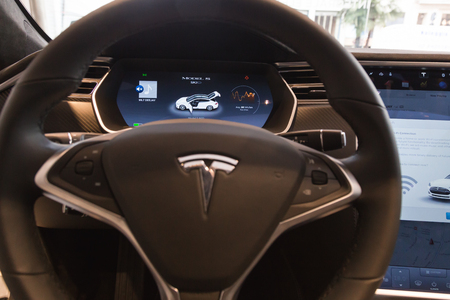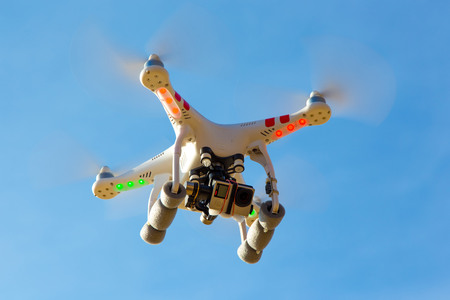Karpathy, who holds a PhD from Stanford in computer vision, is also credited with creating the university’s first deep learning course. Until recently he was working at OpenAI, a non-profit organisation specialising in artificial intelligence, back by none other than Elon Musk. Previously he has also interned at Google’s DeepMind, with a focus on deep learning.
His expertise has been on image recognition and understanding, which look to be great assets for the autopilot system, giving it something close to actual sensory vision. Instead of being able to detect that there is an object in the road, the hope is that it will be able to know qualitative things about that object and about predictable behaviours. For example, if it is a small animal in the road, it is likely to run away as the car approaches.
While the selection of Karpathy is of clear benefit to Tesla, it is interesting how OpenAI is now a pipeline of talent back to the automotive company. OpenAI was founded in 2015 by Ilya Sutskever, who had just left Google Brain, and it quickly garnered a reputation for having top talent in the field of AI. The acquisition of Karpathy could just be the first of a number of similar coups for Tesla, as they keep their fingers on the pulse of AI research and talent.
References: Futurism TechCrunch Quartz


.jpg)
.jpg)
.jpg)

.jpg)




.jpg)